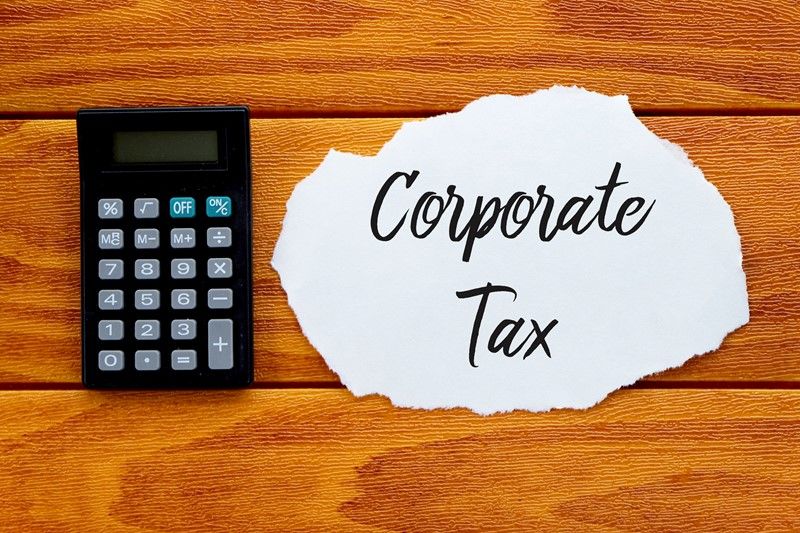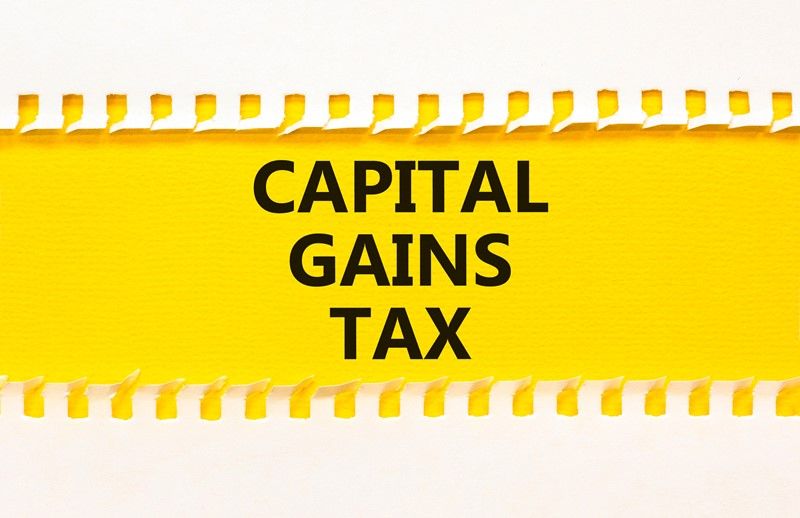Reliefs and allowances for Corporation Tax purposes
Companies can reduce their Corporation Tax bill through a range of reliefs, including R&D credits, Patent Box, and creative industry tax reliefs, all of which will help to lower the overall tax on profits. Your company can also claim capital allowances for assets such as equipment, machinery and cars bought to use in your business.
The basic Corporation Tax reliefs include the following:
Research and Development tax reliefs – The R&D expenditure credit (RDEC) and enhanced R&D intensive support (ERIS) came into effect for accounting periods beginning on or after 1 April 2024. While the expenditure rules for both are the same, the calculation methods differ. The merged RDEC scheme is a taxable expenditure credit available to eligible trading companies subject to UK Corporation Tax. Even if a company qualifies for the ERIS, it may choose to claim under the merged scheme instead, but both schemes cannot be claimed for the same expenditure.
The Patent Box – This relief allows qualifying companies to apply a lower 10% corporation tax rate on profits arising from patent exploitation.
Creative industry tax reliefs (CITR) – This is the term for a collection of Corporation Tax reliefs that allow qualifying companies to claim a larger deduction, or in some circumstances claim a payable tax credit when calculating their taxable profits. The relief applies to qualifying expenditure in the production of certain films, high-end television, animation, video games, children’s television, theatre, orchestra and museum & galleries exhibitions.
Relief on goodwill and relevant assets – If the relief is available, it is at a fixed rate of 6.5% a year. This is on the lower of the cost of the relevant asset or 6 times the cost of any qualifying IP assets in the business purchased.
Loss relief – There are various Corporation Tax reliefs that may be available where your company or organisation makes a trading terminal, capital or property income losses. For example, trading losses may be used to claim relief from Corporation Tax by offsetting the loss against other gains or profits of the business in the same or previous accounting period.




